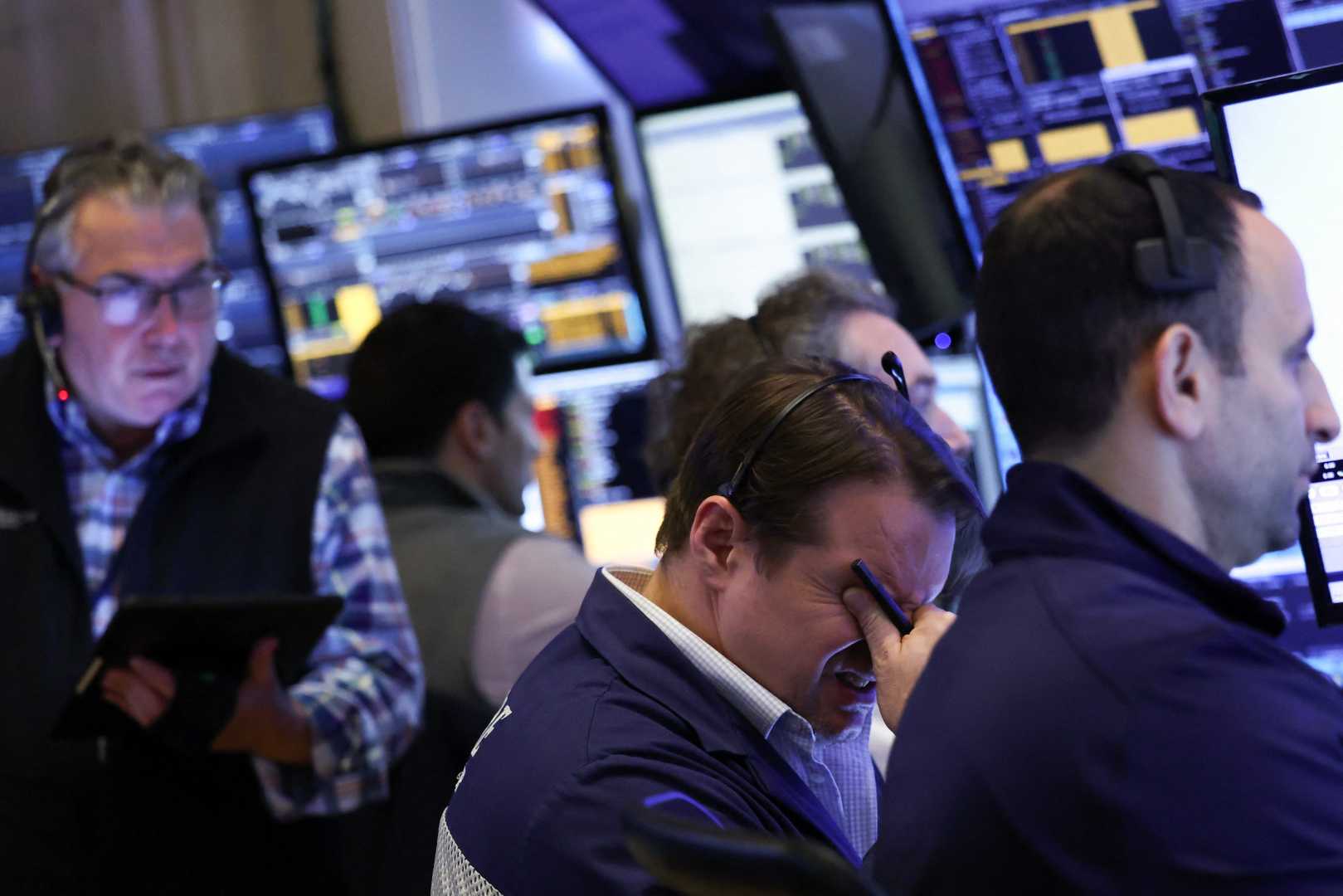Business
Stock Market Tanks as China Strikes Back with Tariffs

NEW YORK (AP) — The stock market plummeted on Friday as investors reacted to China‘s announcement of new tariffs on U.S. goods, marking a dramatic escalation in the ongoing trade conflict between the two nations. The Dow Jones Industrial Average fell over 1,200 points, or 3%, following a more than 1,600-point drop a day prior, raising concerns of a potential global recession.
The S&P 500 dropped 3.2% while the Nasdaq Composite fell by 3.5%. The declines follow a worsening in sentiment after President Donald Trump‘s tariffs sparked fears of further retaliation from other countries, particularly China.
China’s Ministry of Commerce declared a 34% tariff on all U.S. products, which aligns with the reciprocal levies imposed by the U.S. on Chinese imports last week. This back-and-forth escalation contributed significantly to investors’ anxieties, resulting in a sell-off in technology stocks, with heavyweights like Apple Inc. and Nvidia Corp. suffering substantial losses, plummeting 5% and 6% respectively.
“The market participants are apprehensive, selling first and asking questions later,” said Michael Arone, chief investment strategist at State Street Global Advisors. “Investors are not willing to wait around for a resolution to the ongoing trade conflict.”
In addition to tech stocks, major exporters to China such as Caterpillar and Boeing saw their shares drop sharply, impacting the Dow further. On the other hand, defensive sectors such as consumer staples have shown resilience, as investors flocked to companies perceived to be safer amidst the turmoil.
Michael Hartnett from Bank of America warned that the tariffs could lead to an economic contraction in the U.S., predicting a nearly 60% chance of a recession this year due to escalating trade tensions.
Despite the negative sentiment, there was a mixed picture concerning U.S. economic performance. Nonfarm payrolls reported an increase of 228,000 jobs in March, exceeding the Dow Jones estimate of 140,000, though the unemployment rate did rise to 4.2%. While Trump hailed the job report on social media, calling it evidence that his economic policies are working, many investors remained skeptical.
In response to volatility, the yield on the 10-year Treasury dropped to 4%, a marker of investor flight to safety during tumultuous market conditions. Futures tied to the major indexes continued to reflect anxiety, predicting more downward pressure.
As markets closed, the impacts of the tariffs reverberated. The Energy Information Administration reported that U.S. crude oil prices had also slipped, further compounding concerns about declining consumption in the wake of a potential trade war.
“The stock market and economy are closely intertwined. If this volatility continues, it will negatively affect consumer spending and confidence,” said Peter Boockvar, chief investment officer at Bleakley Advisory Group. “The consequences of these tariffs are likely to be felt long after they are implemented.”












